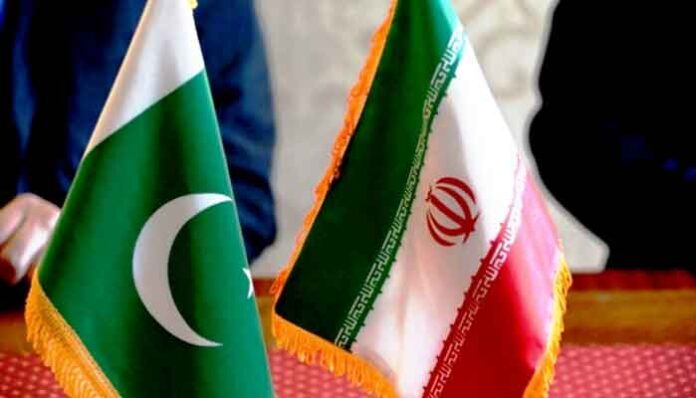Iranian Ambassador to Pakistan Raza Amiri Moghaddam has emphasised the need to increase trade volume between the two nations from the current $2.7 billion to an ambitious $10 billion. He proposed transforming the Pakistan-Iran border into a “commercial gateway” to strengthen bilateral trade ties.
During his visit to the Islamabad Chamber of Commerce and Industry (ICCI), Ambassador Moghaddam underscored the importance of removing bureaucratic hurdles and establishing efficient mechanisms, including banking channels, to facilitate economic growth. He also advocated for regular interaction between business communities to establish a robust framework for joint ventures, drawing on Iran’s successful collaborations with Turkey.
In the meeting with ICCI President Nasir Mansoor Qureshi, the two sides deliberated on ways to strengthen bilateral cooperation and agreed to work together to break down trade barriers for mutual benefit. To this end, a four-member committee—comprising two representatives from each side—was formed to ensure close coordination and effective action on shared goals.
The Iranian ambassador highlighted the progress in Pakistan-Iran relations in recent years but noted significant untapped potential for deeper collaboration. He proposed initiatives such as expanding border markets, opening new border crossing points, and establishing Customs Facilitation Desks to streamline trade.
Ambassador Moghaddam pointed to the enormous potential of Gwadar and Chabahar ports, emphasising their strategic positions along key international trade routes connecting Central Asia, the Middle East, Africa, and Europe. Joint use of these ports, he said, could unlock new avenues for regional trade and economic integration.
As a gesture of goodwill, the ambassador extended an invitation from the President of the Tehran Chamber of Commerce and Industry to ICCI President Nasir Mansoor Qureshi for a visit to Tehran.
ICCI President Nasir Mansoor Qureshi highlighted Pakistan’s efforts to attract foreign investment through a coordinated roadmap and attractive opportunities for international investors. He stressed the need to expand cooperation across all sectors, enabling both nations to benefit from each other’s expertise and capabilities.
However, Mr. Qureshi acknowledged that international pressures, regional instability, and security challenges have hindered business interactions between the two countries. Despite these obstacles, he expressed confidence in the resilience and determination of the business communities in both nations to overcome challenges and deepen economic ties.
Mr. Qureshi also emphasised the shared historical, cultural, and industrial strengths of Pakistan and Iran as key drivers for mutual collaboration. He proposed regular exchange of trade and cultural delegations and the organisation of B2B meetings to foster stronger connections between the business communities of both countries.
With these efforts, both sides expressed optimism about unlocking the vast potential of Pakistan-Iran trade relations and building a stronger economic partnership.




